CD Projekt RED announced Cyberpunk 2077 in May 2012 and dropped a teaser trailer eight months later in 2013, giving fans a glimpse of the far-out graphics and futuristic environment they’ll get to experience when the game is ready to be released into the wild.
Fast forward eight years later and after several delays, no doubt due to the COVID-19 pandemic forcing devs to work from home and the stresses of crunch culture, we’re finally going to roam around Night City with the roguishly breathtaking Keanu Reeves.
While waiting eight years for a game can be painful, other games have come out to medicate our impatience. Here are some of the awesome games that came out between Cyberpunk 2077’s announcement and now.
Announcement and Launch of Kingdom Hearts III
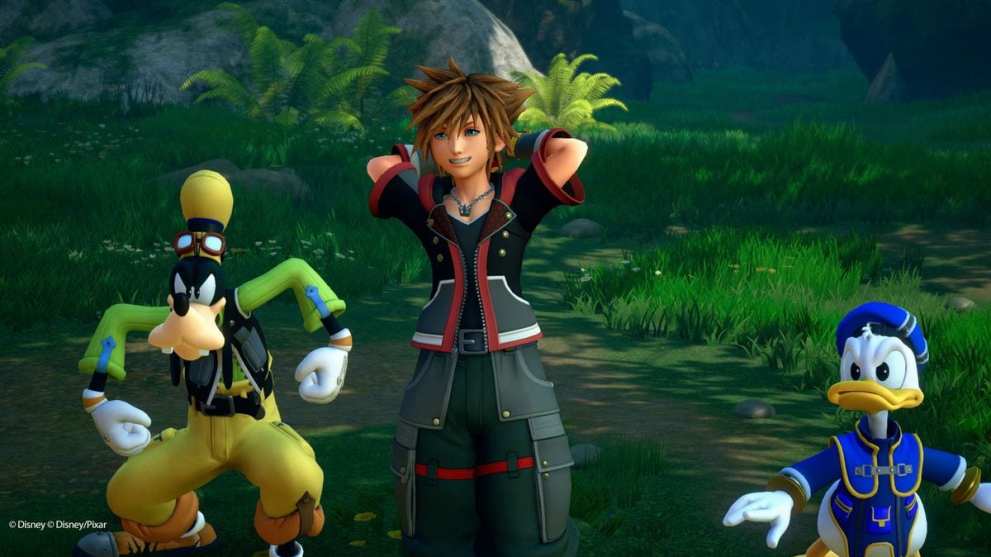
Kingdom Hearts fans were hungry for more of Sora’s adventures across the Disney universe with Donald and Goofy since Kingdom Hearts II, and after giving us one spin-off game after another, Square Enix announced Kingdom Hearts III at E3 2013.
However, Kingdom Hearts III took five-and-a-half years to be polished into a semi-realistic game, which released on Jan. 29, 2019.
Unlike Cyberpunk 2077, the game did not experience any delays, but it only seemed that way because Square Enix used Unreal Engine 4 in lieu of their trusty in-house engine.
Pokemon’s Transition to 3D
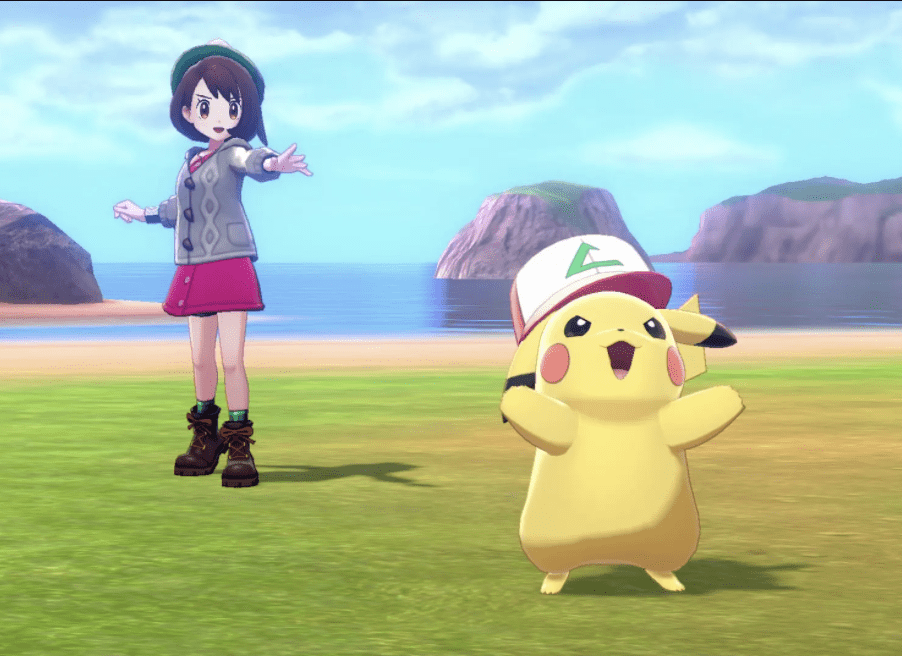
In my six years as an on-again-off-again Pokemon Trainer, I always thought of Pokemon as the video game franchise where the graphics have changed with each generation but the gameplay remains the same, albeit with some extra features.
In 2013, Game Freak finally caught up with contemporary Nintendo games and transitioned Pokemon to the world of 3D with Pokemon X and Y.
The human Trainers in the game were still a little small like their 2D pixelized predecessors, but the Pokemon world was finally maximized to the fullest graphical potential the Nintendo 3DS handled at the time, allowing players to change their outfits, hairstyles and even play and feed their Pokemon outside of field and gym battles.
The graphics improved further with Sun and Moon and Sword and Shield’s releases, with the latter making their way to the Nintendo Switch, and players are living the dream of catching, battling, and training Pokemon as if they were in the anime.
Crash Bandicoot Making a Comeback
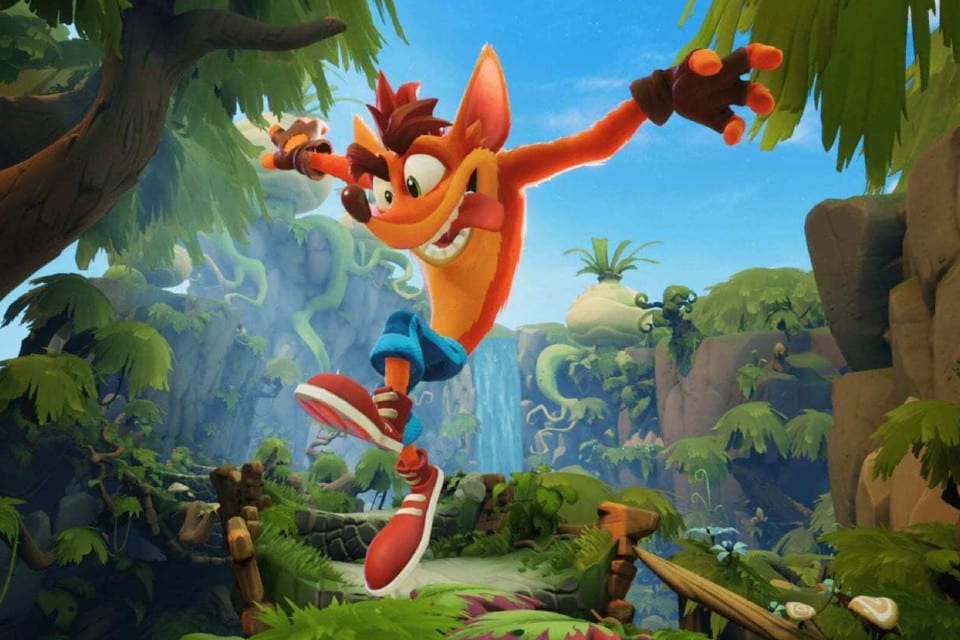
Pop culture was going off the rails on the ’90s nostalgia train, and Crash Bandicoot climbed aboard with N. Sane Trilogy, the aesthetically gorgeous remake of the original PlayStation trilogy brought to old and young players alike by Activision and Vicarious Visions, in 2017.
The trilogy wasn’t exactly a total remake due to the use of Naughty Dog’s original level geometry to rebuild the games from the ground up, but Activision managed to not only make them aesthetically pleasing but also placed in time trials and the ability to play as Coco in all three games.
Crash co-creator Andy Gavin wasn’t kidding when he said Crash needs to make a comeback — or something to that effect — because the success of N. Sane Trilogy, as well as Crash Team Racing: Nitro-Fueled, led Toys For Bob, who put out Spyro Reignited Trilogy in 2018, to surprise us with Crash Bandicoot 4: It’s About Time this year, making it the true comeback Crash deserved.
Tomb Raider Being Rebooted and Finishing the Trilogy
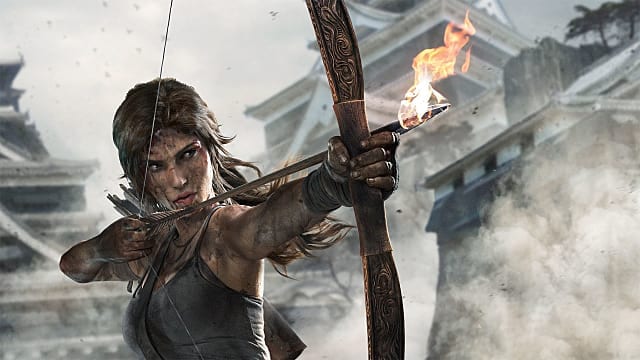
Within the first five years of Cyberpunk 2077’s development starting in 2013, Square Enix not only rebooted Tomb Raider but also gave said reboot its own trilogy.
Beginning with the eponymously titled Tomb Raider, followed by Rise of the Tomb Raider in 2015 and Shadow of the Tomb Raider in 2018, the reboot covered the origin story of Lara Croft and the struggles she endured to become the Tomb Raider we’ve all known and loved since 1996.
Not only did Square Enix have the time to reboot a long-running franchise, not to mention create an entire trilogy out of the reboot, but they were also able to secure film rights to said reboot and see that film, starring Alicia Vikander, released before Cyberpunk 2077 finally finished development in the same year the trilogy was completed.
Death and Rebirth of Final Fantasy XIV Online
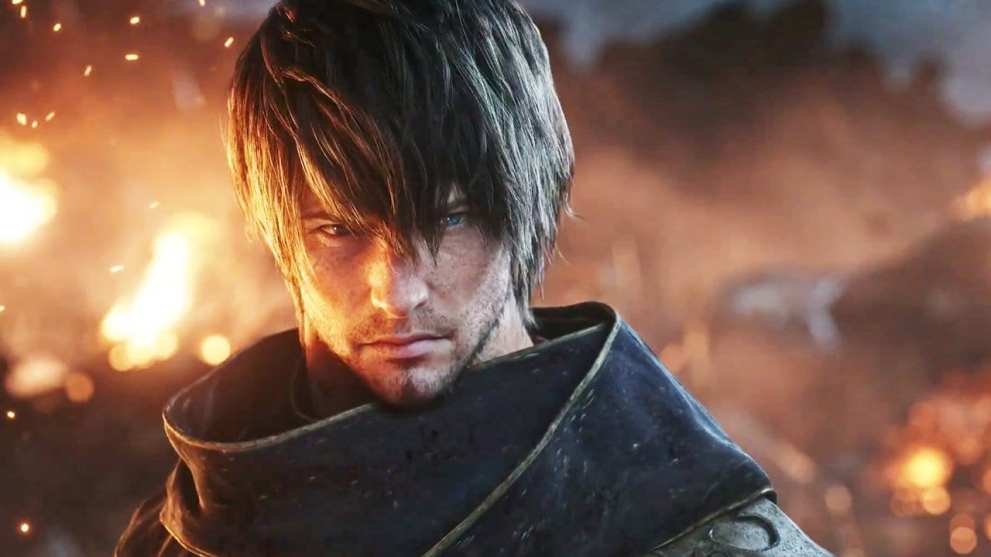
In September 2010, Square Enix launched Final Fantasy XIV Online only to be met with righteous anger from fans due to numerous bugs, glitches, and overall unplayability.
Fearing that the online game would soil the Final Fantasy name because of those technical problems, they posted an official apology on their website about the unprecedented circumstances.
Over the next two years, Square Enix worked through hell and high waters (literally because of the Tohoku earthquake and tsunami that hit Japan in 2011) under the leadership of director/producer Naoki Yoshida, who took Hiromichi Tanaka’s, to turn Final Fantasy XIV around by continuing to update the game with a storyline that would eventually lead to its demise and, in 2013, resurrect it with Final Fantasy XIV: A Realm Reborn, bringing back a slew of the players who left the old game.
The death and rebirth of Final Fantasy XIV attributed to Yoshida-san’s meteoric rise from an unknown director and producer to a superstar who is now at the helm of Final Fantasy XVI.
The Advent of Fortnite and Live-Service Games
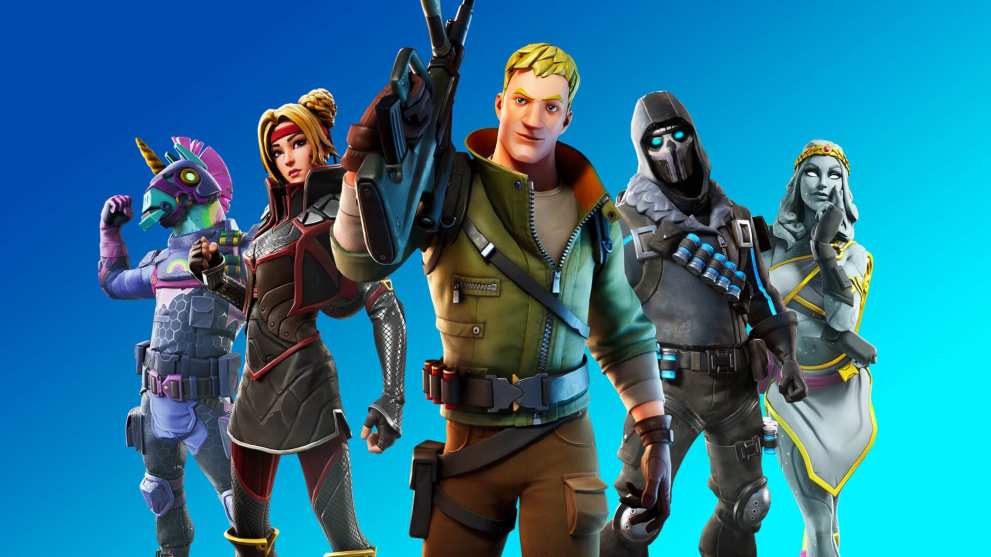
Fortnite took the world by storm in 2017 by combining sandbox construction gameplay (a la Minecraft) with battle royale elements, making it enjoyable among gamers of all ages.
Fortnite also popularized the concept of live service games (commonly known as “games as a service”), meaning that online games are free, but the game companies will offer microtransactions to build up revenue further.
However, the live service games model hasn’t been without controversy, as Star Wars Battlefront II, Destiny, Anthem, and FIFA have demonstrated. FIFA was an infamous case, with children using their parents’ credit cards to overspend on microtransactions to get the players they wanted for the teams they were playing on.
Even though Cyberpunk 2077 doesn’t fall under the live service game category, live service games have held their grip in the gaming industry and the world that Cyberpunk 2077 was released into.
Ubisoft Releasing 8 Mainline Assassin’s Creed Games
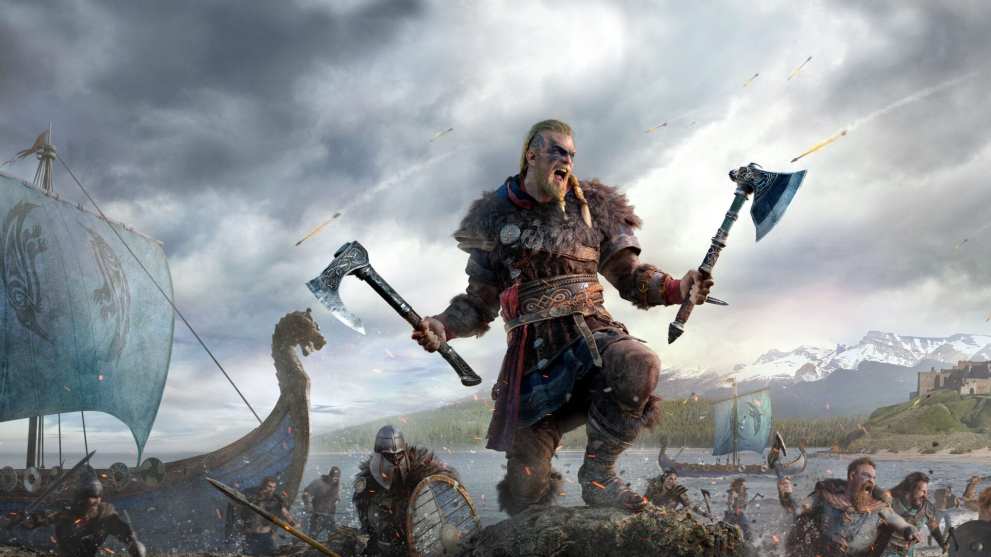
Ubisoft kept their promise of annualizing the Assassin’s Creed series regardless of the quality of the games they released.
Some games were critically acclaimed, such as Black Flag and Origins. Others were more controversial, like Unity, where glitches, lack of innovation, and repetitive gameplay combined to create a less than ideal experience.
Assassin’s Creed has gone from the colonial Caribbean to Ancient Greece in the span of eight years, and somehow Ubisoft has avoided taking the franchise to feudal Japan (thanks a bunch for filling that gap, Sucker Punch).
Over the years, the series has developed from a more traditional stealth game to an action RPG, and has fallen prey to Ubisoft’s penchant for microtransactions, but have retained their popularity nonetheless.

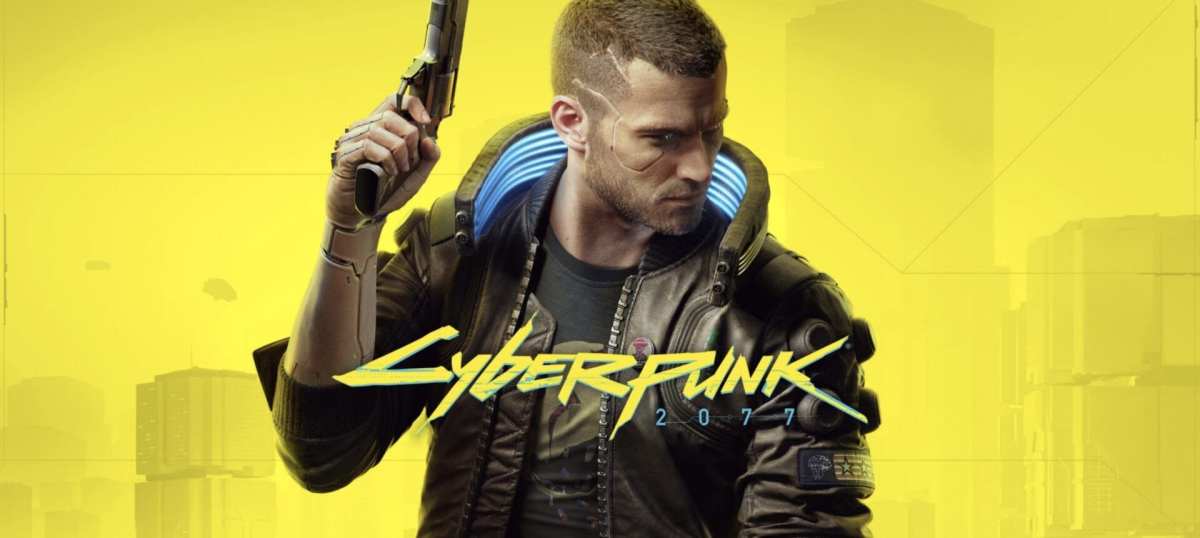



Published: Dec 11, 2020 04:20 pm